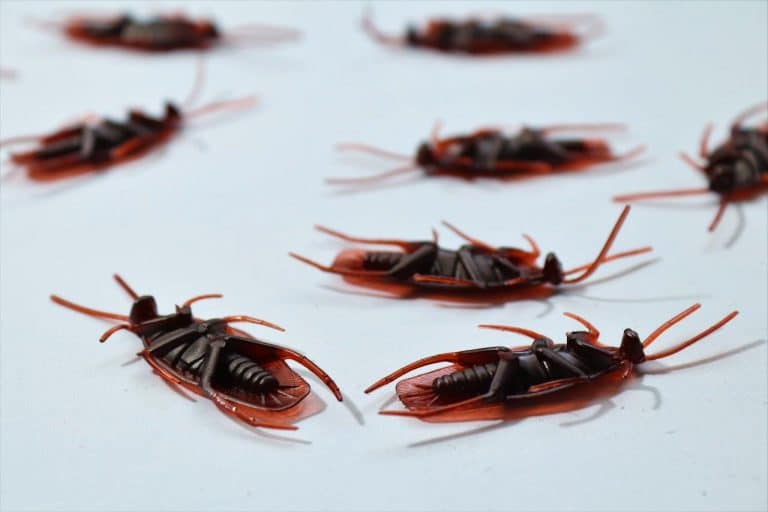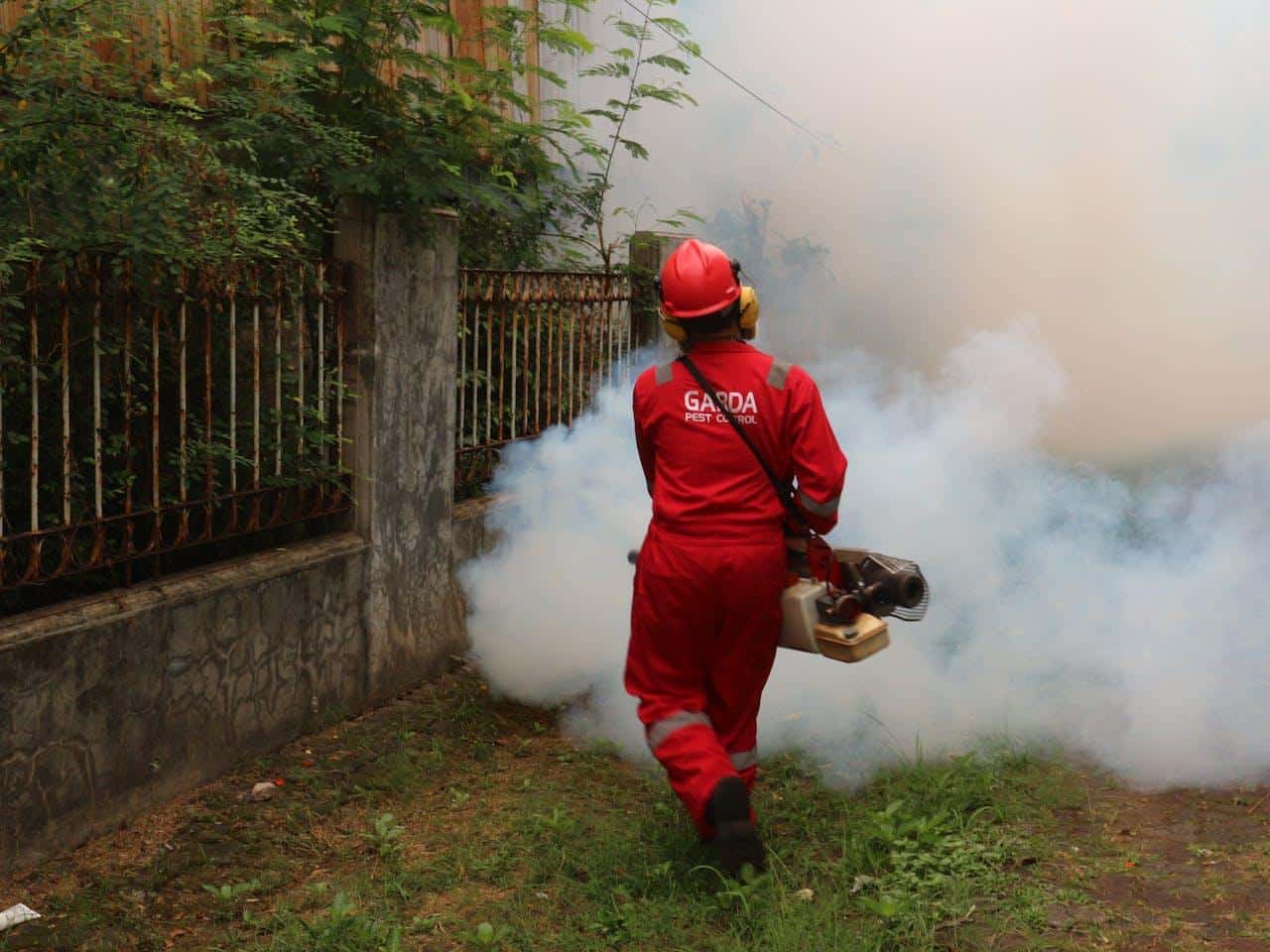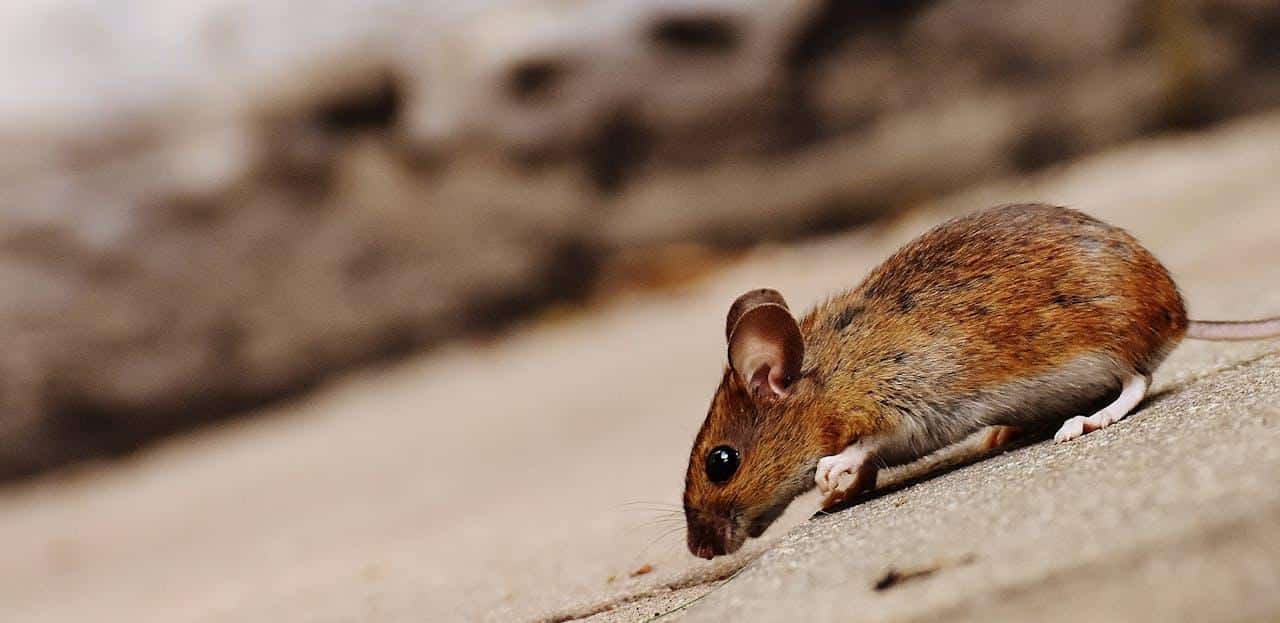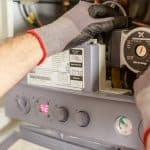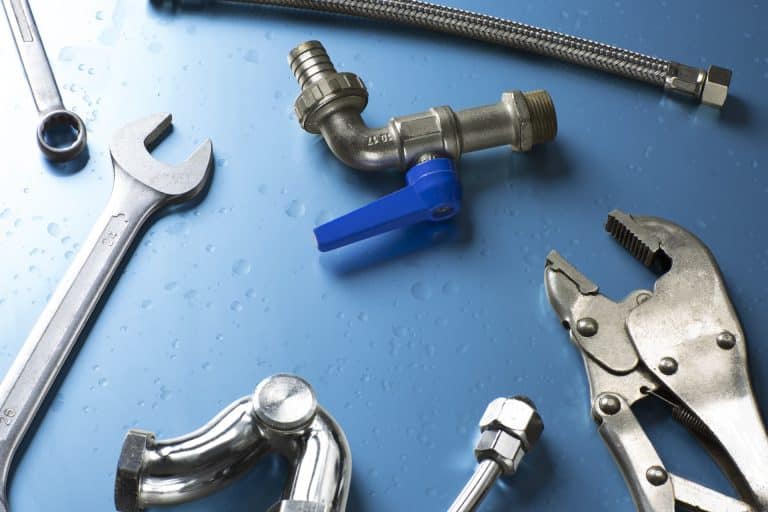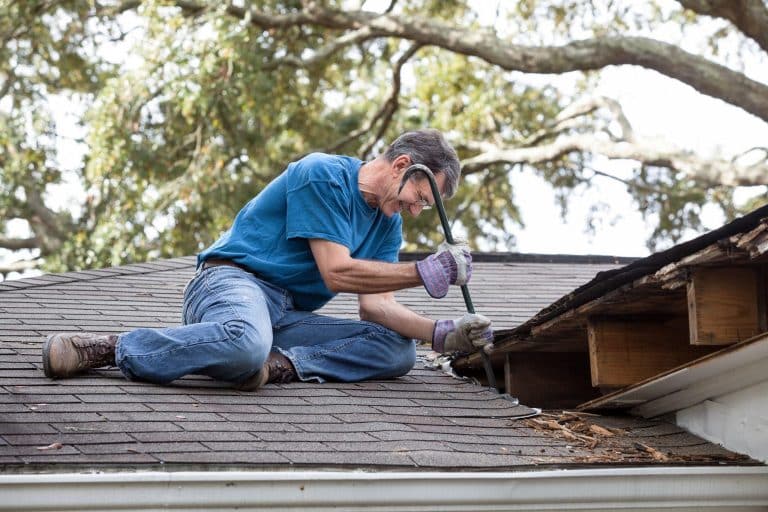Pest-proofing your home is an ongoing process that adapts with the changing seasons. As the environment outside transforms, so too does the behavior of pests seeking shelter, food, and breeding grounds.
You may encounter different types of pests during each season, and understanding their patterns is key to keeping them at bay. By taking proactive measures to secure your home against these unwelcome guests, you can protect the health and comfort of your living space throughout the year.
Seasonal shifts bring unique challenges for home pest-proofing. In the spring and summer, warmer temperatures may invite ants, flies, and mosquitoes, while rodents and cockroaches often seek refuge from the cold in the fall and winter.
Each season requires a specific approach to ensure your defenses remain robust. Regular maintenance checks, seasonal cleaning, and vigilant sealing of any entry points can go a long way in preventing infestations.
To effectively safeguard your home against pests, it’s essential to identify potential problem areas that could attract them. This involves examining the exterior of your house for cracks and gaps, maintaining proper yard hygiene, and ensuring that interior spaces are clean and free of easily accessible food sources.
By staying informed and implementing strategic pest-proofing techniques year-round, you can create a hostile environment for pests and enjoy the comfort of a secure and healthy home.
Understanding Pests by Season
As the seasons change, so do the types of pests that may invade your home. A year-round pest-proofing strategy is essential to minimize the risk of infestation.
Spring Pest-Proofing Strategies
In spring, melting snow and rising temperatures bring about an uptick in pest activity. Ants are on the move, looking for food, and may enter your home.
To deter them, seal up cracks and crevices on the exterior of your home and keep sugary foods in airtight containers. Termites can also swarm in spring, so it’s crucial to remove any wood or cardboard from the perimeter of your house to avoid attracting them.
Summer Pest Prevention Tips
The heat of summer often brings with it flies and mosquitoes. Keep these pests at bay by installing fine mesh screens on all windows and doors.
Drain standing water regularly to prevent mosquito breeding grounds. Ensure your yard is clear of overgrown vegetation which might host unwanted insects and rodents. The use of botanical repellents like citronella can also be effective.
Fall Pest Management
Fall is a prime time for pests such as rodents to seek shelter from the colder weather, potentially making your home their winter residence. Be vigilant in checking for entry points, such as gaps around windows and doors, and use weather stripping or caulk to seal them.
Keep food stored securely and dispose of garbage regularly, as this can attract pests looking for a food supply before the winter.
Winter Home Protection from Pests
The cold months see a decrease in insect activity, but your home’s warmth can attract pests like mice and spiders seeking refuge. Your attic and basement should be kept clutter-free to reduce hiding spots.
It’s beneficial to check for drafts in external walls and repair any that are found, as these can serve as entry points for pests. Remember, a warm home is inviting, so maintaining a strong exterior defense is key during winter.
Year-Round Pest-Proofing Techniques
To effectively safeguard your home against pests, certain strategies need to be employed throughout the year. These techniques focus on eliminating access points, maintaining cleanliness, and using natural deterrents to create a hostile environment for pests.
Sealing Entry Points
You must prioritize identifying and sealing potential entry points around your home. Cracks and crevices in the foundation, gaps around windows and doors, and openings for pipes and utilities can all serve as gateways for pests.
Inspect your home regularly for these vulnerabilities and use caulk, steel wool, or weather stripping to seal them off. For larger gaps, consider applying expandable foam or installing mesh screens to block entry.
Maintaining a Clean Environment
Cleanliness is crucial in preventing pest infestations. Rodents and insects are attracted to food and waste, so keep your kitchen clean, ensuring crumbs and spillages are promptly cleared. Store food in airtight containers and dispose of garbage frequently in sealed bins. Regularly vacuum and dust your home to remove potential food sources and nesting material for pests.
Implementing Natural Deterrents
Certain natural substances can act as deterrents for pests without the need for chemicals. Peppermint oil, for example, is a known repellent for rodents and spiders—simply soak cotton balls in the oil and place them in areas prone to pest activity.
Diatomaceous earth is a non-toxic powder that can be used to effectively control insects such as ants, fleas, and bedbugs. Sprinkle it in areas where pests are active, keeping in mind to keep it dry for it to remain effective.
Professional Pest Control Solutions
In protecting your home from pests, there may come a time when DIY methods are insufficient, and professional expertise becomes essential for effective pest management.
When to Call the Pros
You should consider hiring professional pest control services when you face a large infestation, persistent pests that resist home remedies, or when dealing with potentially dangerous pests like wasps, rats, or termites. Professionals are equipped with the right tools and knowledge to handle these situations safely and effectively. Moreover, significant property damage or health risks signal the need for professional intervention.
Choosing the Right Pest Control Service
When selecting a pest control company, it’s crucial to perform due diligence to ensure quality and reliability. Research credentials: look for licensed, bonded, and insured companies, as this indicates adherence to industry standards.
Read reviews and ask for references to gauge customer satisfaction. Inquire about their treatment methods; reputable services utilize Integrated Pest Management (IPM) approaches, which focus on long-term prevention through a combination of techniques. Lastly, review their service guarantee to understand their policy on follow-up visits and customer satisfaction.

